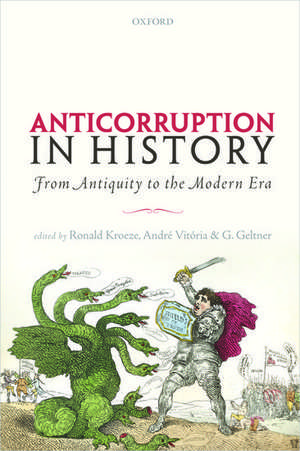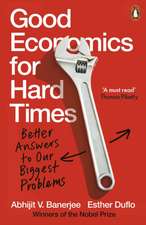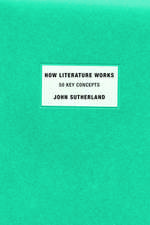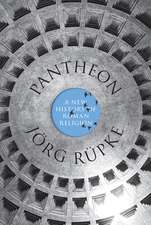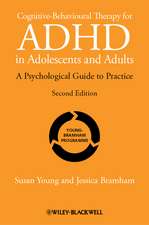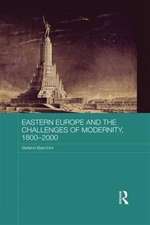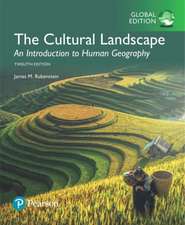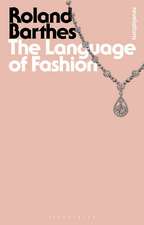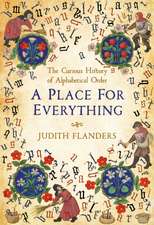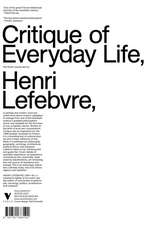Anticorruption in History: From Antiquity to the Modern Era
Editat de Ronald Kroeze, André Vitória, Guy Geltneren Limba Engleză Paperback – 20 feb 2020
Anticorruption in History is a timely and urgent volume: corruption is widely seen today as a major problem we face as a global society, undermining trust in government and financial institutions, economic efficiency, the principle of equality before the law and human wellbeing in general. Corruption, in short, is a major hurdle on the "path to Denmark" a feted blueprint for stable and successful statebuilding. The resonance of this view explains why effortsto promote anticorruption policies have proliferated in recent years.
But while the subject of corruption and anticorruption has captured the attention of politicians, scholars, NGOs and the global media, scant attention has been paid to the link between corruption and the change of anticorruption policiesover time and place, with the attendant diversity in how to define, identify and address corruption. Economists, political scientists and policy-makers in particular have been generally content with tracing the differences between low-corruption and high-corruption countries in the present and enshrining them in all manner of rankings and indices. The long-term trends-social, political, economic, cultural-potentially undergirding the position of various countries plays a very small role.
Such a historical approach could help explain major moments of change in the past as well asreasons for the success and failure of specific anticorruption policies and their relation to a country's image (of itself or as construed from outside) as being more or less corrupt. It is precisely this scholarly lacuna that the present volume intends to begin to fill. The volume addresses a wide range of historical contexts: Ancient Greece and Rome, Medieval Eurasia, Italy, France, Great Britain and Portugal as well as studies on anticorruption in the Early Modern and Modern era in Romania, the Ottoman Empire, the Netherlands, Germany, Denmark, Sweden, and the former German Democratic Republic.
| Toate formatele și edițiile | Preț | Express |
|---|---|---|
| Paperback (1) | 242.33 lei 10-16 zile | |
| OUP OXFORD – 20 feb 2020 | 242.33 lei 10-16 zile | |
| Hardback (1) | 750.55 lei 31-37 zile | |
| OUP OXFORD – 6 dec 2017 | 750.55 lei 31-37 zile |
Preț: 242.33 lei
Preț vechi: 255.59 lei
-5% Nou
46.38€ • 48.24$ • 38.29£
Carte disponibilă
Livrare economică 13-19 martie
Specificații
ISBN-10: 0198858078
Pagini: 464
Dimensiuni: 55 x 30 x 25 mm
Greutate: 0.7 kg
Editura: OUP OXFORD
Colecția OUP Oxford
Locul publicării:Oxford, United Kingdom
Recenzii
It is a cohesive and stimulating investigation of the shifting perceptions of corruption in moral, civic and political terms and the strategies and alternative modes of public behaviour that have been attempted to deal with this ongoing problem of modern societies of all political hues.
